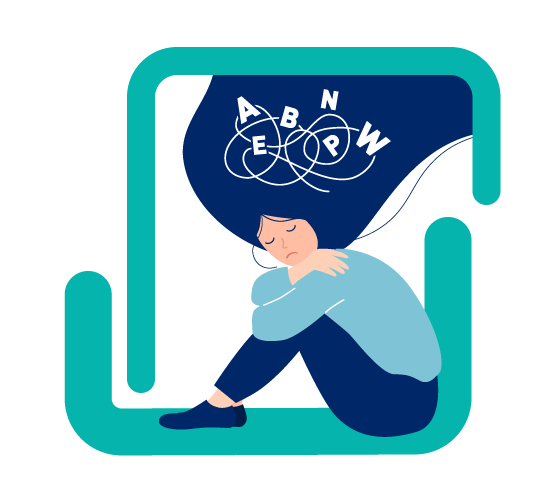Dyslexia
What is Dyslexia?
Dyslexia is a set of processing difficulties that affect the acquisition of reading and spelling. In dyslexia, some or all aspects of literacy attainment are weak in relation to age, standard teaching and instruction, and level of other attainments. Across languages and age groups, difficulties in reading and spelling fluency are a key marker of dyslexia as are difficulties with phonological processing. Working memory, processing speed and orthographic skills can also contribute to the impact of dyslexia.
Dyslexia testing & assessment
According to the guidelines set out by the SpLD Assessment Standards Committee (SASC), the testing & assessment of Specific Learning Differences (dyslexia) analyses your learning style and attainment, identifying strengths and areas of difficulty to highlight any specific learning barriers. It starts with evaluating general cognitive abilities, and underlying learning processes like working memory, processing speed, and phonological processing. Writing skills are assessed for both mechanical and structural aspects. The tests & assessment also covers reading (whole word reading, pseudoword reading, prose reading, comprehension, and decoding) and spelling (analytic and phonological sub-tests). Mathematical ability is evaluated through underlying and surface skills.
Who can we test & assess for Dyslexia?
We are able to test & assess children from six years old throughout to adults. Although it is possible to diagnose dyslexia in a child as young as six years old, the child must be capable of participating in a thorough assessment process. This involves the child being developmentally prepared to engage in various tasks that test & assess reading, writing, and other cognitive abilities.


The Rooms of Knutsford
9-11 Tatton Street
Knutsford
Cheshire
WA16 6AB
© 2025 All rights Reserved. The Rooms of Knutsford.
Website design by Lake – A design agency in Manchester.
